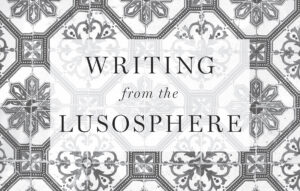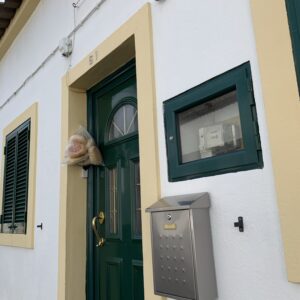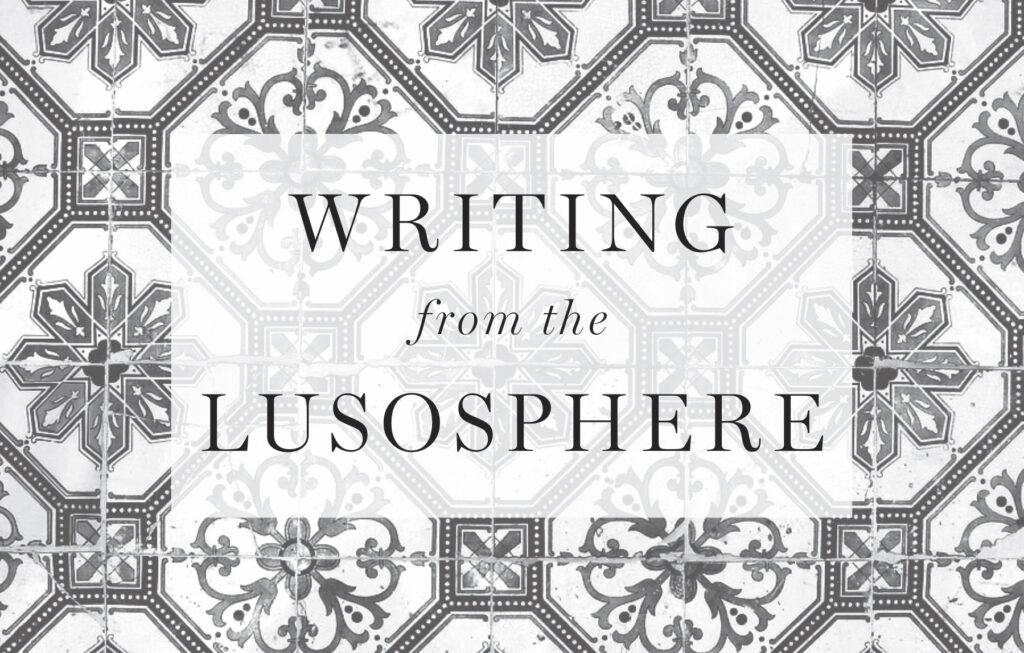By FRANCISCO MÁRQUEZ
Winner of the 2020 DISQUIET Prize for Poetry
Fixed at sunset, a wooden blue shack
as if with it a million scenes of shipwrecks,
not black rock or islands of fog rising individual
in a barrenness of salt. It is not that
By FRANCISCO MÁRQUEZ
Winner of the 2020 DISQUIET Prize for Poetry
Fixed at sunset, a wooden blue shack
as if with it a million scenes of shipwrecks,
not black rock or islands of fog rising individual
in a barrenness of salt. It is not that
By ELIANE MARQUES
Translated by TIFFANY HIGGINS
To Marielle Franco, city councillor, sociologist, and activist in Black and LGBTQI+ movements, who was assassinated along with her driver Anderson Gomes in Estácio in the middle of Rio de Janeiro on March 14, 2018. Those who ordered the crime have not yet been brought to justice.
We are full of bullets from AKs in our heads and in our necks
With stray slugs that enter our bones our backs
We are in the Ecstasy neighborhood
But not dying of love
By ADRIENNE SU
When the exhibit went up at Peachtree Center,
the Chinese of Atlanta flocked downtown.
Jews had been in Henan so close to forever,
they weren’t seen as foreign. And we had found
an exhibit on China that wasn’t old vases.
Jews were Chinese in more ways than food.
Migration was not always out of the places
our families had fled; it had once been to.
Our pantries were “ethnic” not just for the shrimp chips
and wood ears, but as well for the matzah.
Maybe, when asked, Do you celebrate Christmas?,
we were not being checked for Zen or the Buddha.
We didn’t say it in so many words.
The line between Asia and Europe had blurred.
By RUI CARDOSO MARTINS
Translated by DEAN THOMAS ELLIS
There are two twin girls in the courtroom. They look very much alike, with fine blonde hair, tightly bound, and short, pretty noses. One can see they have not yet reached the point in life where twins become separate. If they were to trade places, it would not be easy to tell the difference. But do not look at them in this way. A year and a half ago, a curtain fell between them.
Honolulu
I walk to the park
drummers sit in a circle under a white tent
they have drifted this far way on pacific waves
long feathers tucked behind their ears
they sweat in soft fringed hides
their faces lean and dark
By JENNIFER JEAN, NANCY VIEIRA COUTO, and CAROLYN SILVEIRA

As part of this fall’s Lusosphere portfolio, The Common will publish accompanying work online. This month’s poetry feature highlights the work of three Lusa-American poets, tracing their roots back to the Azores and Cape Verde: Jennifer Jean, Nancy Vieira Couto, and Carolyn Silveira.
With JOAQUIM ARENA, translated by JETHRO SOUTAR
Joaquim Arena was born in Cape Verde in 1964 and emigrated with his family to Portugal aged 5. He went on to study law and work as a journalist and musician in Lisbon. He is currently the Culture and Communications Advisor to the President of Cape Verde. He has written two novels (The Truth About Chindo Luz and Where Turtles Fly), one novella (A Lighthouse in the Desert) and a hybrid work that mixes biography, fiction, travel writing and history: Debaixo da Nossa Pele – Uma.


Lomba Das Barracas, Furnas, São Miguel Island, Azores, Portugal
This morning, from our bed, Luke and I listened again for the ice-cream truck melody of the Portuguese bread truck. Not that we needed bread, because we’d bought a week’s worth the day before at our tiny grocery store that is also a bar and is also a café, but because it came through yesterday and we wanted to see the operation in action—did people run out after the truck, and buy loaves off the back? Or was it a pre-pay or on-tab on-order delivery? Apparently, in the tiny Azorean village of Furnas, the fresh food comes to you. Just last night, a fruit truck rumbled through the neighborhood, broadcasting a tuneless tune from its loudspeaker to alert neighbors of the fresh produce for sale—heads of cauliflower, potatoes, peaches, leeks, and tomatoes—right off the truck. The bread truck, we reasoned, might do the same.
 This interview is the third in a new series, Writers on Writing, which focuses on craft and process. The series is part of The Common‘s 10th anniversary celebration.
This interview is the third in a new series, Writers on Writing, which focuses on craft and process. The series is part of The Common‘s 10th anniversary celebration.
Read Pandey’s essay, “Thirty-One Things About the Lime of Control.”
 Kritika Pandey is a writer from Jharkhand, India, and a final year candidate at the MFA for Poets and Writers, UMass Amherst, where she is working on her first novel. Her works have been shortlisted for the Commonwealth Short Story Prize and are forthcoming or have appeared in Guernica, The Bombay Review, Raleigh Review, UCity Review, and eFiction India, among others.
Kritika Pandey is a writer from Jharkhand, India, and a final year candidate at the MFA for Poets and Writers, UMass Amherst, where she is working on her first novel. Her works have been shortlisted for the Commonwealth Short Story Prize and are forthcoming or have appeared in Guernica, The Bombay Review, Raleigh Review, UCity Review, and eFiction India, among others.

As part of this fall’s Lusosphere portfolio, we’re publishing accompanying work online. This translation feature highlights the work of two Brazilian poets, Eliane Marques and Leonardo Tonus. Work appears in both the original Portuguese and in English.
“A body on the sand” by LEONARDO TONUS, translated by CAROLYNE WRIGHT
“Federal Intervention” by ELIANE MARQUES, translated by TIFFANY HIGGINS